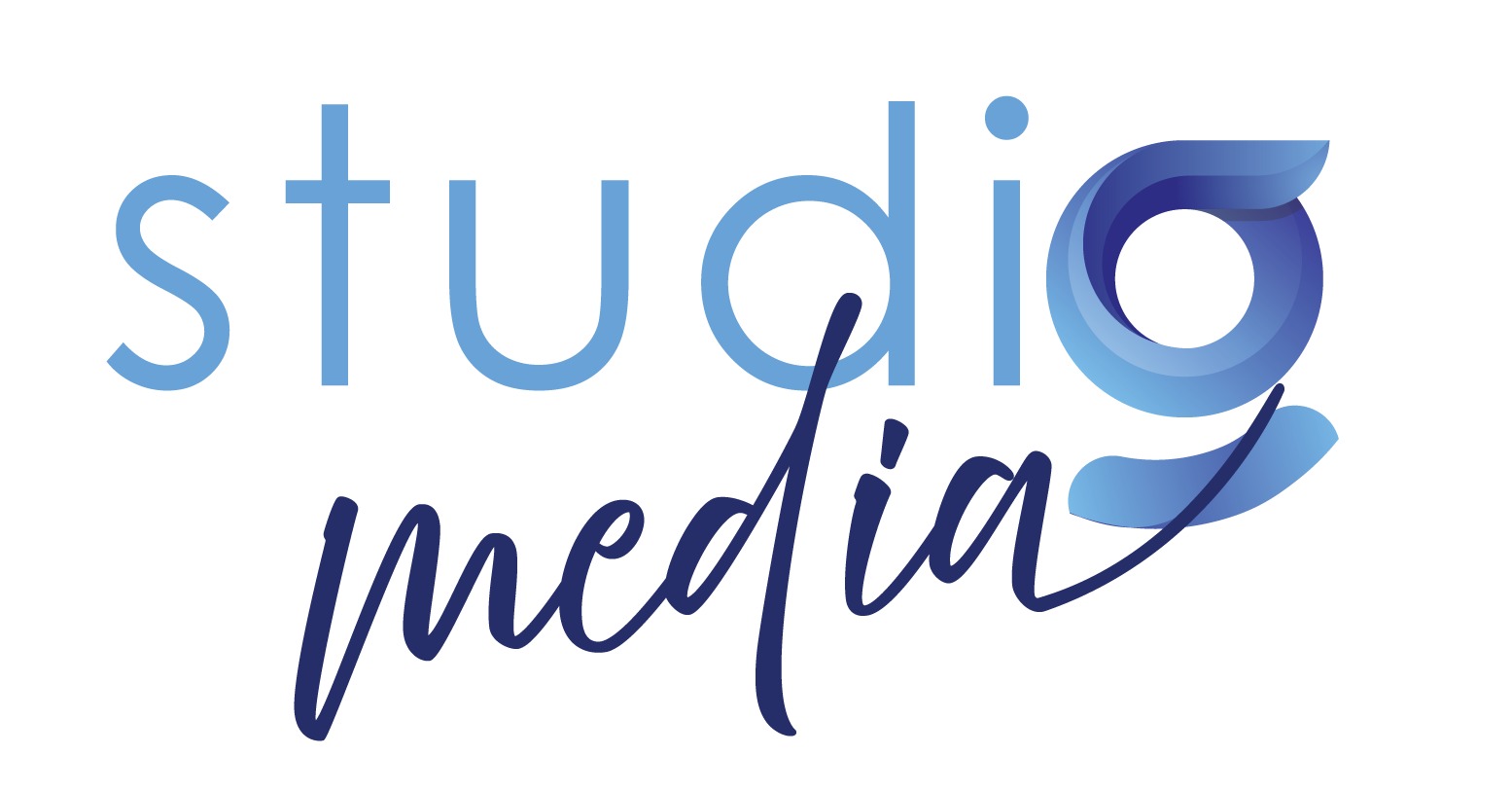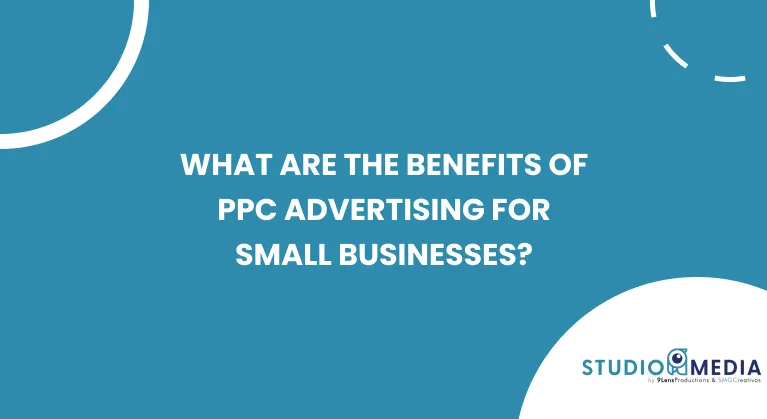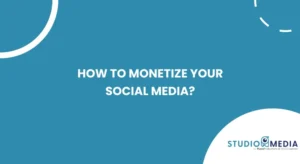In today’s digital landscape, small businesses are increasingly turning to Pay-Per-Click (PPC) advertising to boost their online presence and drive rapid growth. PPC offers a cost-effective and highly targeted way to attract potential customers, providing immediate visibility and measurable results. This article explores the key benefits of PPC advertising for small businesses and how it can serve as a powerful tool for both short-term gains and long-term success.
1. Cost Control and Flexible Budgets
One of the most significant advantages of PPC for small businesses is its cost control. Unlike traditional advertising methods that require hefty upfront investments with uncertain returns, PPC allows businesses to set their own budget and only pay when a user clicks on their ad. This ensures that you’re paying for actual interest rather than impressions.
Platforms like Google Ads enable businesses to adjust their budgets in real-time, allowing you to increase or decrease spending based on campaign performance. You can set daily or monthly limits to prevent overspending, making it ideal for small businesses with tight marketing budgets. (Sachs Marketing Group).
2. Immediate Traffic and Visibility
Unlike SEO, which can take months to show significant results, PPC delivers immediate traffic. As soon as a campaign is launched, your ads can appear at the top of search engine results pages (SERPs), offering immediate visibility to your target audience. This is especially useful for businesses looking to promote time-sensitive offers or seasonal sales.
Additionally, even if users don’t click on your ad, the simple act of appearing at the top of search results boosts brand visibility, increasing awareness among potential customers. (Sachs Marketing Group).
3. Precise Audience Targeting
One of the key strengths of PPC is the ability to target specific audiences based on various criteria such as location, age, interests, and even browsing behavior. This level of precision ensures that your ads are shown to the people most likely to be interested in your product or service.
For example, a local bakery could target users within a 10-mile radius who are searching for «fresh bread» or «local pastries,» ensuring that the ad spend is directed at users with a high likelihood of converting (Sachs Marketing Group)
Additionally, PPC platforms allow for advanced scheduling options, enabling you to display ads at times when your audience is most active. (Sachs Marketing Group)
4. Remarketing Capabilities
Remarketing is a powerful feature of PPC that allows businesses to re-engage users who have previously visited their website but did not complete a desired action. By showing tailored ads to these users based on their prior interactions, you can gently nudge them back to your site and increase the likelihood of conversion.
For small businesses, remarketing is especially effective because it focuses on an audience that has already shown interest, making them more likely to convert compared to first-time visitors (Sachs Marketing Group).
5. Measurable and Trackable Results
PPC advertising provides a wealth of data, allowing businesses to track campaign performance in real-time. Metrics such as click-through rates (CTR), conversion rates, and return on investment (ROI) are readily available, enabling you to assess the effectiveness of your ads and make data-driven adjustments.
Using tools like Google Analytics, small businesses can track how users interact with their website after clicking on an ad. This level of transparency ensures that every dollar spent can be accounted for, making PPC an efficient and trackable marketing strategy (Sachs Marketing Group).
6. Local and Global Reach
Whether you’re a local business looking to attract nearby customers or an eCommerce brand wanting to reach international audiences, PPC offers both local and global targeting options. For local businesses, geo-targeting allows ads to be displayed to users within a specific area, increasing the likelihood of foot traffic and local sales.
At the same time, businesses with a broader reach can target international markets with tailored messaging for different regions, allowing for expansion beyond their immediate geographic area(Sachs Marketing Group) (Sachs Marketing Group).
7. Boost SEO Strategies
Although PPC and SEO are distinct strategies, they can complement each other effectively. PPC provides immediate visibility while your SEO efforts gain traction. It also offers valuable insights into which keywords generate the most clicks and conversions, which can then inform your SEO strategy.
By analyzing the performance of PPC campaigns, businesses can identify high-performing keywords that can be incorporated into their SEO efforts, creating a synergistic approach to dominating search engine results(Sachs Marketing Group).
8. Creative Flexibility in Ads
PPC allows businesses to experiment with various ad formats, such as text ads, display ads, video ads, and even shopping ads. This creative flexibility enables businesses to craft messages that resonate with their target audience, using compelling visuals, engaging copy, or interactive elements.
For instance, Google Shopping Ads allow eCommerce businesses to showcase product images, prices, and descriptions directly in search results, offering a more dynamic and visual experience to potential customers. By testing different formats, small businesses can discover which type of ad generates the best results(Sachs Marketing Group)(Sachs Marketing Group).
9. Level Playing Field with Larger Competitors
One of the biggest challenges for small businesses is competing with larger, more established companies. PPC levels the playing field by allowing small businesses to bid on niche keywords and target specific audiences that may be overlooked by bigger competitors.
Even with a modest budget, a well-optimized PPC campaign can help small businesses outrank larger competitors in relevant search results, increasing visibility and driving high-quality traffic to their websites(Sachs Marketing Group).
10. A/B Testing and Continuous Improvement
PPC platforms make it easy to test different versions of your ads through A/B testing. By creating multiple variations of an ad and testing them against each other, businesses can determine which copy, images, or calls to action perform best.
This process of continuous optimization ensures that your campaigns remain effective over time. With each test, you can refine your ads to better resonate with your target audience, ultimately increasing conversion rates and maximizing ROI(Sachs Marketing Group).
11. Enhanced Brand Recognition
PPC doesn’t just drive immediate sales; it also plays a crucial role in improving brand recognition. When your business consistently appears at the top of search results, users become more familiar with your brand. Over time, this increased exposure can build trust and credibility, making it easier for users to choose your brand when they’re ready to make a purchase(Sachs Marketing Group).
12. Multichannel Advertising for Broader Impact
PPC is not limited to search engines. With platforms like Google Ads, businesses can run ads across multiple channels, including YouTube, Gmail, and the Google Display Network. This multichannel approach ensures that your ads reach potential customers wherever they are, whether browsing websites, watching videos, or checking their email (Sachs Marketing Group).
This broader reach increases brand visibility and engagement, allowing businesses to tap into diverse audiences and maximize the impact of their marketing efforts.
13. Improved User Experience
By optimizing your PPC campaigns for user behavior and preferences, small businesses can significantly enhance the customer experience. For instance, creating highly relevant landing pages that match the intent of the user’s search can lead to quicker conversions and lower bounce rates.
This not only increases the efficiency of your campaigns but also provides a smoother experience for users, leading to higher satisfaction and repeat visits(Sachs Marketing Group).
PPC advertising offers small businesses a wide array of benefits, from precise audience targeting and cost control to immediate results and measurable outcomes. By leveraging PPC, small businesses can compete with larger competitors, boost brand recognition, and drive both local and global traffic. With features like remarketing, A/B testing, and multichannel advertising, PPC is a powerful tool that can help small businesses grow rapidly while maintaining control over their budgets.
Whether you’re looking to attract more local customers or expand into new markets, PPC provides the flexibility and scalability to meet your business goals. When used strategically, PPC can be the catalyst that propels your business to the next level of success.







